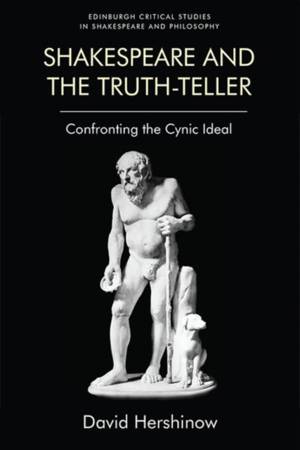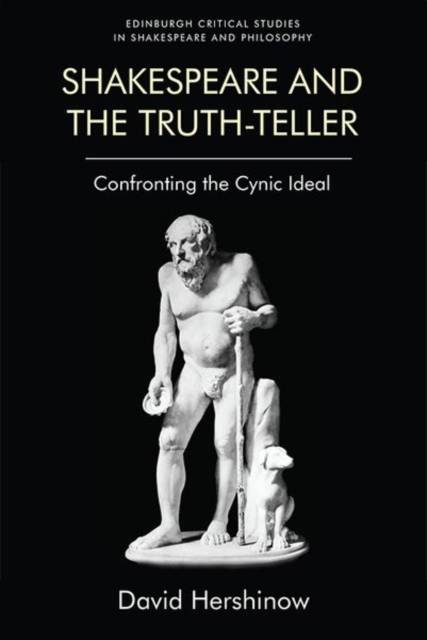
En raison d'une grêve chez bpost, votre commande pourrait être retardée. Vous avez besoin d’un livre rapidement ? Nos magasins vous accueillent à bras ouverts !
- Retrait gratuit dans votre magasin Club
- 7.000.000 titres dans notre catalogue
- Payer en toute sécurité
- Toujours un magasin près de chez vous
En raison de la grêve chez bpost, votre commande pourrait être retardée. Vous avez besoin d’un livre rapidement ? Nos magasins vous accueillent à bras ouverts !
- Retrait gratuit dans votre magasin Club
- 7.000.0000 titres dans notre catalogue
- Payer en toute sécurité
- Toujours un magasin près de chez vous
46,95 €
+ 93 points
Format
Description
Examines the early modern reception of classical Cynicism and the rise of literary realism
Promotes a new understanding of the intersection between literary character and ethical character, especially with respect to literature's role in facilitating belief in the revolutionary potential of individual critical agencyDeploys the reception history of Diogenes the Cynic as a methodological point of contact between historicist and presentist approaches to ShakespeareDraws new interdisciplinary connections between Shakespeare studies, literary theory, critical theory, and political philosophyIncludes novel readings of King Lear, Hamlet, and Timon of Athens as well as other early modern texts and a number of major works of modern philosophy and political theoryHighlighting the necessity of literary thinking to political philosophy, this book explores Shakespeare's responses to sixteenth-century debates over the revolutionary potential of Cynic critical activity - debates that persist in later centuries and inform major developments in Western intellectual history. Analysing cynic characterisations of Lear's Fool, Hamlet and Timon of Athens, Hershinow presents new ways of thinking about modernity's engagement with classical models and literature's engagement with politics.
Spécifications
Parties prenantes
- Auteur(s) :
- Editeur:
Contenu
- Nombre de pages :
- 264
- Langue:
- Anglais
- Collection :
Caractéristiques
- EAN:
- 9781474439589
- Date de parution :
- 31-08-21
- Format:
- Livre broché
- Format numérique:
- Trade paperback (VS)
- Dimensions :
- 156 mm x 234 mm
- Poids :
- 371 g

Les avis
Nous publions uniquement les avis qui respectent les conditions requises. Consultez nos conditions pour les avis.






